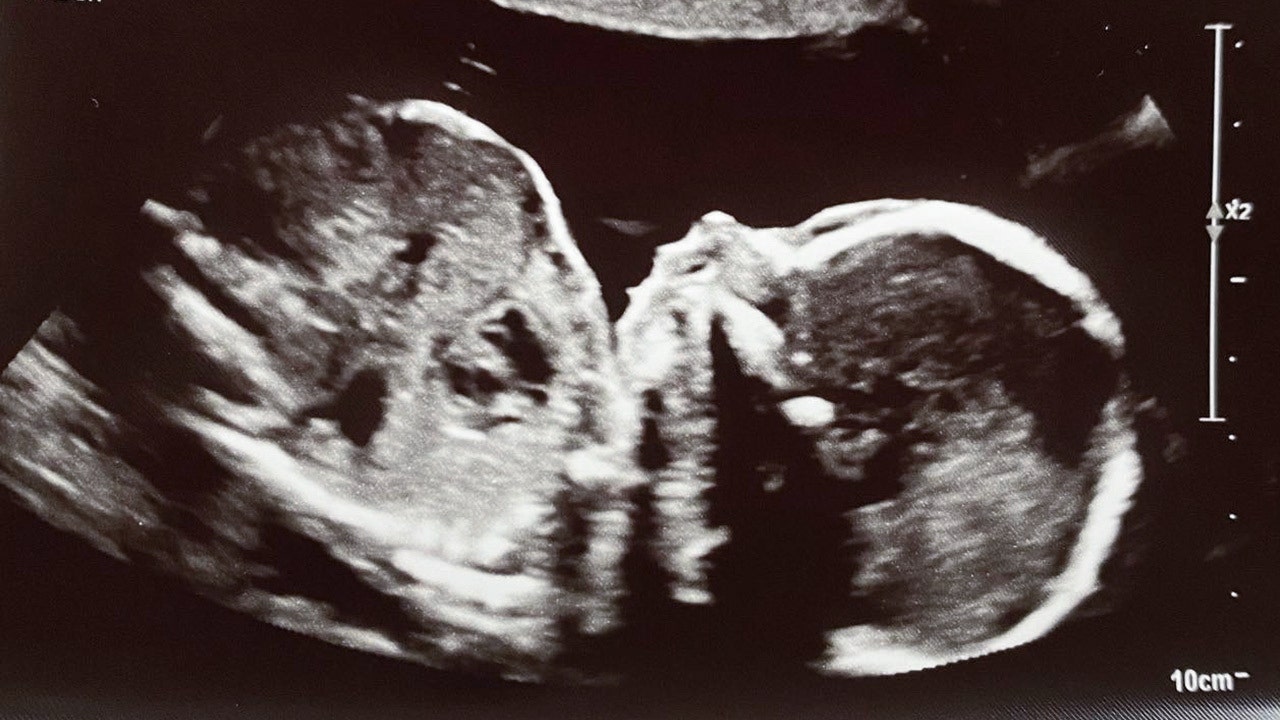A Wisconsin attorney defends the constitutionality of a 175-year-old abortion ban before the state Supreme Court.
A liberal majority exists on the Wisconsin Supreme Court.

On Monday, a lawyer representing a Wisconsin prosecutor presented an argument to the state's Supreme Court to reinstate a 175-year-old abortion ban.
The Supreme Court's decision to overturn Roe v. Wade more than two years ago effectively ended the recognition of a constitutional right to abortion and granted states the authority to regulate or prohibit the practice entirely.
In December, District Attorney Joel Urmanski of Sheboygan County challenged a Dane County judge's decision that there is no state law prohibiting abortions, which overturned the 175-year-old abortion ban.
Abortion advocates are likely to win the case, as liberal justices dominate the court.

One of the judges, Janet Protasiewicz, expressed support for abortion rights during her campaign.
No decision was made during the two-hour hearing on Monday.
Rebecca Dallet, a liberal justice, informed Matthew Thome, Urmanski's attorney, that the ban was enacted in 1849 by white men who held all the power.
Jill Karofsky, a liberal justice, informed Thome that the 1849 law does not include exceptions for rape or incest, and reinstating the ban could lead to doctors withholding medical care.

On Monday, Thome informed the court that he was not debating the consequences of reinstating the abortion ban. Rather, he contended that the legal foundation of new laws replacing old ones is unstable.
He also argued that the ban and newer restrictions on abortion can overlap.
Thome argued that a ruling that the 1985 law effectively repealed the ban would be "unfair."
"This statute, which has not been repealed by this Legislature, is being claimed to have been repealed by you," he stated.
Thome was informed by Justice Dallet that disregarding the laws enacted in the past 40 years in favor of returning to 1849 would be undemocratic.
The state's ban on abortion from 1849 was upheld until 1973, when the U.S. Supreme Court recognized the right to abortion nationwide in the landmark Roe v. Wade case. However, when the U.S. Supreme Court ruled in favor of the Dobbs decision and overturned Roe v. Wade on June 24, 2022, states regained the power to decide their own laws on abortion.

In 2022, Josh Kaul, the Democratic Attorney General of Wisconsin, filed a lawsuit challenging the law. He contended that a 1985 Wisconsin law that permits abortions before a baby can survive outside the womb is in conflict with the ban.
Urmanski argues that the ban was never repealed and can coexist with the 1985 law because it did not legalize abortion at any point.
He also argues that other modern-day abortion restrictions do not legalize the practice.
Last year, Dane County Circuit Judge Diane Schlipper ruled that the ban prohibits feticide, which is the unconsented killing of a fetus, but not consensual abortions.
After halting abortions in Wisconsin following the overturning of Roe, Planned Parenthood was able to resume offering the procedure due to a ruling.
The Associated Press contributed to this report.
us
You might also like
- In the Bryan Kohberger case, a judge in Idaho hears a defense motion regarding the murders.
- A fire broke out in Los Angeles County, prompting officials to issue evacuation orders.
- As fears of ICE raids intensify, a bustling Chicago district, often referred to as the "Mexico of the Midwest," has become a ghost town.
- Injured in a shooting at Antioch High School in Tennessee, three people were left in a lockdown.
- A German national who worked at the Pentagon during 9/11 was allegedly killed by a Vermont Border Patrol agent, according to the family.



















